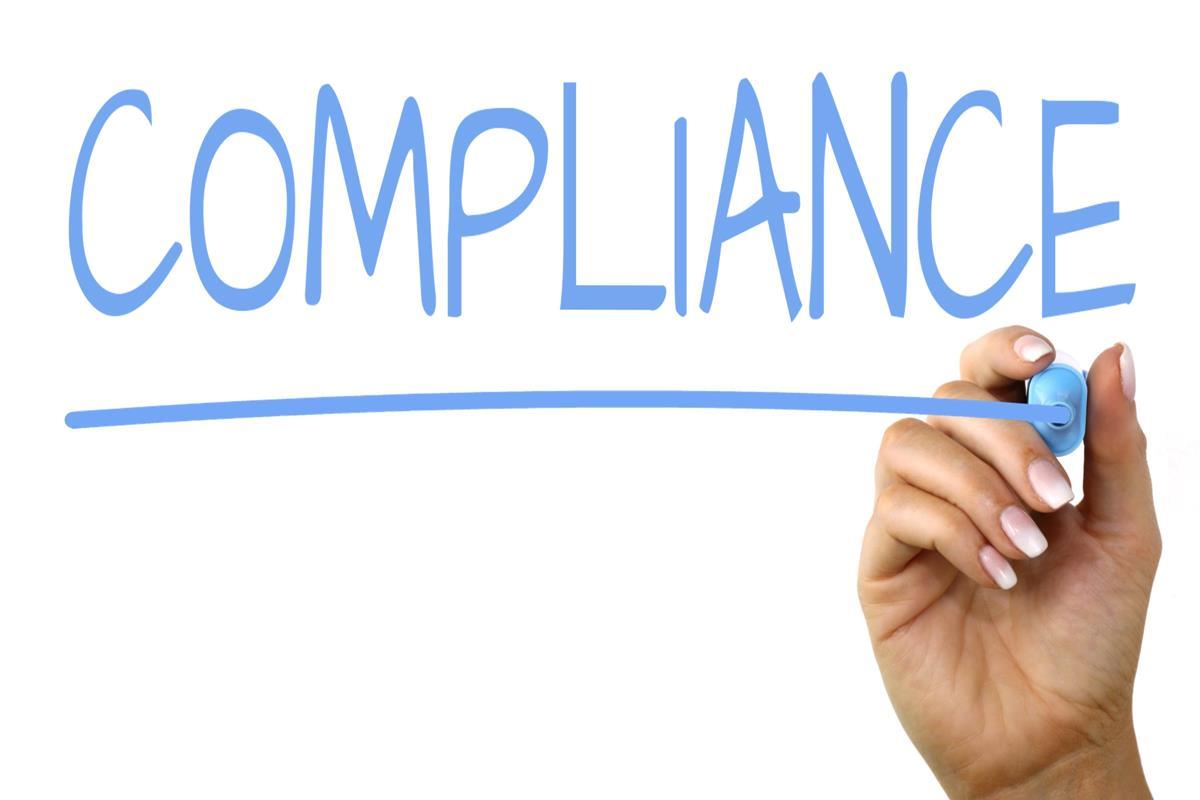From improved communication to cleverer use of technology, there are many ways to improve poor compliance levels and drive down travel costs.
Trends come and go in corporate travel, but one issue remains constant: getting employees to follow policy always seems the biggest challenge for anyone who manages a travel programme.
According to the Global Business Travel Association, 52 per cent of all trips involve travellers not following policy in one way or another. But non-compliance rates are often far higher than that, especially for hotel reservations. Whether rules are followed or not is important: a study by Carlson Wagonlit Travel calculated that companies with high levels of compliance reduce their travel costs by as much as 20 per cent.
Some degree of non-compliance is inevitable. There can be valid reasons for not booking a preferred supplier or using the official reservations channel – when attending an external conference, for example, and booking the official conference hotel through the event’s own website.
And even when travellers deliberately ignore the rules, says TravelpoolEurope managing director Søren Schødt, it’s not always possible to tell whether they are failing to comply because of selfish or honourable motives. One very common form of non-compliance is travellers booking directly through supplier websites or via online travel agents like Booking.com. They could be using these websites to collect loyalty points for their own benefit, but they could equally be choosing these channels because they believe they can access lower prices and save the company money.
Employers should also review whether they are giving travellers the help they need to follow policy. In particular, is the communication right? “Often the biggest problem is that companies have a policy, but it’s kept in a drawer and not used very much,” says Schødt. “Even if the policy is used, it may not be very clear. The policy may tell travellers they need to book at a low price, but how do travellers know what ‘low’ is?”
Here are some tips and tricks to send your compliance levels shooting upwards.
Make sure travellers use the official online booking tool
This is probably the most important compliance priority of all. If travellers book through the official tool, it is very likely they will book compliantly because the tool can be configured only to display options within policy parameters.
Make sure your booking tool is fit for purpose
Travellers will only use the official booking tool if it meets their needs as well as your own. Therefore, it is essential to choose a solution that is attractive and user-friendly. The tool also needs to be configured and monitored intelligently to maintain credibility. For example, make sure it consistently offers prices that are the same or lower than are available through consumer sites.
Communicate why the official booking tool is a win-win
Telling travellers that using the booking tool will save the company money is not enough. You have to demonstrate how they benefit too. One example is to explain that bookings through the tool are paid centrally by the company, so there is no need to go through an expense reporting process. Using the booking tool will also ensure that a VAT-compliant invoice is issued, which avoids unnecessary admin for travellers (and their employers) who bring back invoices with incorrect details from a business trip.
Keep the rules simple
Employers often want complex long-haul journeys to be booked by phone instead of online so that the travel management company can use its expertise to ticket the itinerary in the cheapest way. But trying to specify which trips should be booked offline and which shouldn’t can be difficult. So concentrate on making the rules clean and simple, e.g. stating that all long-haul flights must be booked offline.
Set price caps
For hotels, specify the maximum room rate allowed per region, country or, in some cases, city. For meetings, set a cap on how much can be spent on different packages such as a 24-hour rate or half-day meeting. Caps not only create very clear limits to stop travellers from over-spending, they also help drive better deals with suppliers, who know they must offer preferred rates beneath the cap to be included in the client’s vendor programme.
Make your policy wording unambiguous
Setting price caps is a great way of doing this. Similarly, instead of simply telling travellers they should book a low price, show them what “low” looks like, or how they can achieve it. One important priority is telling travellers they should book as far in advance of their trip as possible. But specify what you mean: for example that short-haul flights should be booked at least 7 days in advance and long-haul at least 14 days.
Show travellers how non-compliance costs the company money
Once again, advance booking is a great example. Send travellers graphs revealing how the average fare they pay climbs sharply the closer they book to departure.
Enforce non-compliance
There is no point having a policy that isn’t policed. Report exceptions, either to the travellers themselves, so they know they are being watched, or to their managers. Warnings sent to travellers about non-compliant behaviour should be signed by senior management.
Use nudge communications
Configure your booking tool to steer travellers towards the right choices. For example, display compliant hotel options with a green background and non-compliant options with a red background.
Save previous trips
Use machine learning to save previous compliant bookings on the tool and offer them as the default option for repeat visits to the same destination.
Keep travellers compliant on-trip
Programme automated messages at the most appropriate point of their journey, such as a reminder when they land at an airport to take the train, not a taxi, to the city centre.
Educate new employees
Make training employees about how and why they must follow travel policy part of their induction process.
 The TravelpoolEurope perspective – technology can help the fight for compliance
The TravelpoolEurope perspective – technology can help the fight for compliance
Travel policy compliance has always been a problem, but in recent years the challenge has been made even harder by technology, especially a range of compelling consumer websites and apps that lure travellers away from official booking channels. However, as many of the tips listed above show, technology can be the solution as well as the problem. Configuring your booking tool smarter and introducing some hi-tech communications can make a big difference to how well your travellers follow the rules and therefore how much your business spends on travel.


Mailing list
Sign up if you would like to